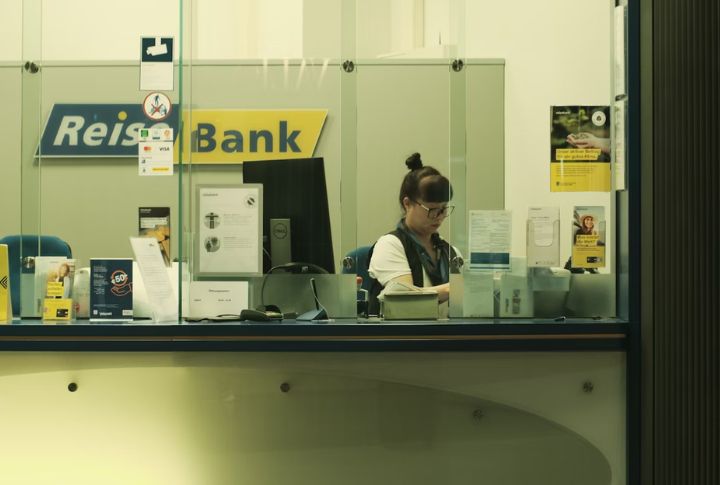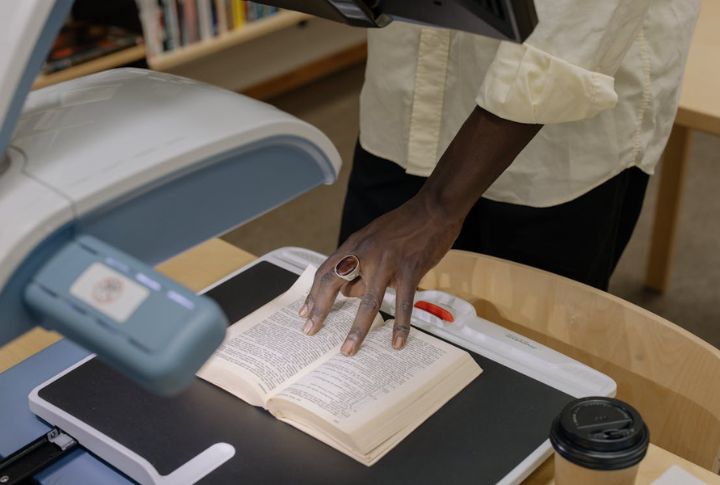
You probably grew up hearing that a steady office job would keep life on track. Now, many of those safe-sounding roles are quietly fading, and hardly anyone brings them up. Take a few minutes to walk through these once reliable positions and see which careers no longer earn a long-term bet before you plan your next move.
Typist / Word Processor

Typists played a key role in converting handwritten drafts and voice recordings into documents. This was essential for offices that needed paper-based communications. However, as businesses increasingly shifted to digital collaboration and voice-to-text software, the demand for manual typing jobs rapidly diminished.
Data Entry Clerk

Many offices used to lean on clerks who kept databases accurate by typing information and verifying every detail. Their spreadsheets held entire departments together. With automated tools now completing those steps instantly, fewer companies depend on people to manage the routine flow of data.
Bank Teller

Branches have grown quieter as more people rely on apps for quick banking tasks. The teller’s desk was the busiest spot in the building, but now handles far fewer routine requests. The everyday needs are moving online, banks are scaling back teller positions, and reshaping how in-person service works.
Document Scanner Operator

Document scanner operators started by manually digitizing paper documents for easier access and storage. As automation entered the picture, machines began handling the bulk of the work. What was once a highly hands-on role is now almost entirely handled by faster, more efficient digital systems, which diminish the job’s need.
Payroll Clerk

Payroll clerks handled every detail by hand and kept full control over accuracy and compliance. Automated systems later absorbed most tasks, shifting the role to a lighter position with limited responsibility compared to earlier years in payroll departments across many offices nationwide.
Telemarketer

Phone outreach inside many companies now runs through systems that filter leads and trigger calls automatically. Telemarketers step in only for conversations requiring a human tone or persuasion, yet moments are shrinking. Businesses increasingly rely on software to handle the volume that once kept large calling teams busy.
Switchboard Operator / Phone Operator

Large offices and hospitals used operators as the central point for routing callers and passing along information. Every conversation moved through their hands before reaching the staff. As telecom systems absorbed these responsibilities through automatic routing, the human link disappeared, leaving only limited operator roles in modern workplaces.
Travel Agent

People once started every vacation with a walk into a travel agency. Agents handled destinations, flights, and hotel choices under one roof. Now, online tools place the entire process at everyone’s fingertips, so the classic office visit holds far less importance.
Bookkeeper

Bookkeepers played a critical role in tracking transactions and reconciling accounts. With the rise of accounting software, many of those tasks are automated. Fewer businesses rely on full-time bookkeepers, and the role has evolved to focus on overseeing digital tools rather than manual entry.
Claims Processor

Anyone filing insurance paperwork eventually crosses paths with a processor who checks every detail against policy rules and makes the call on approval. Some cases spark quick chats with policyholders or providers to clear things up. As automated review software handles more of these checks, fewer processors remain in offices.
